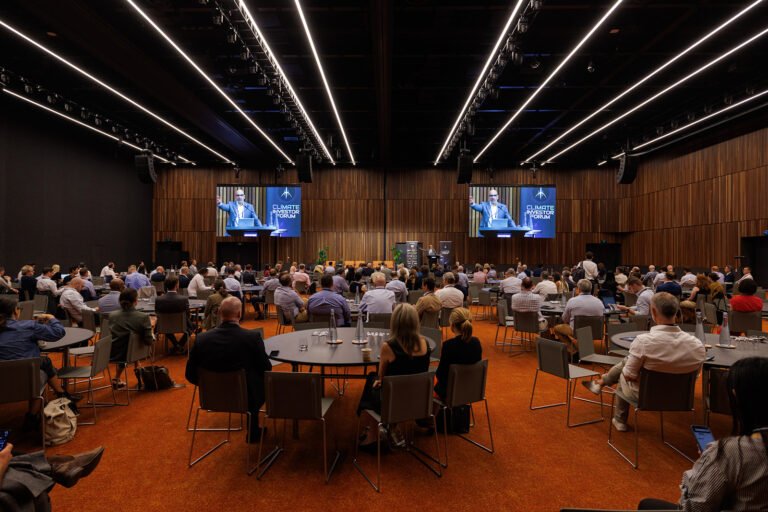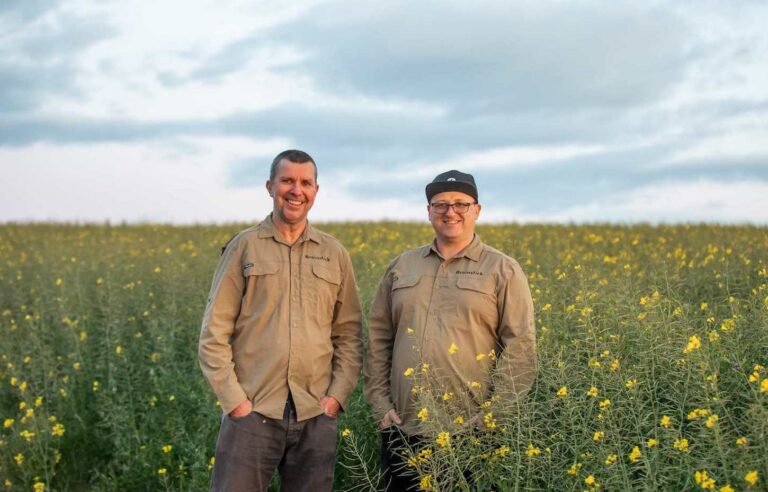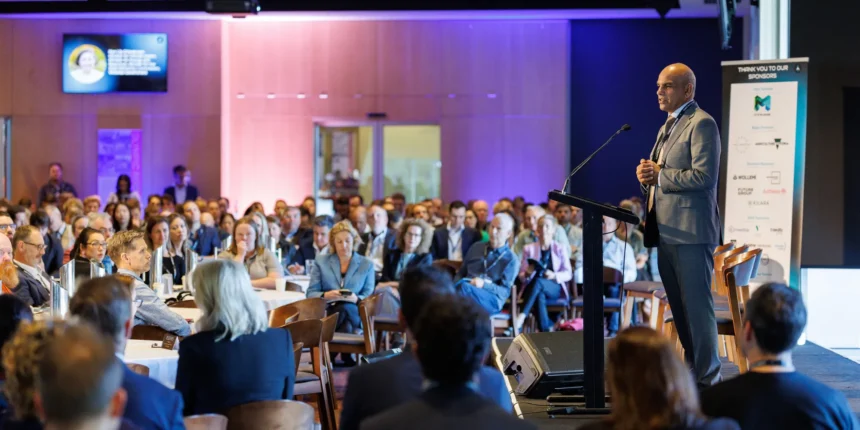In 2023, B Lab Global and the Centre for Impact Investing and Practices (CIIP) announced the intent to collaborate on establishing the B Lab & CIIP Centre of Excellence for Asia (the “Centre”) to accelerate B Corp growth across companies in Asia.
They achieve this by mainstreaming a stakeholder model of governance, and fostering shared knowledge, nurturing a connected community, and catalyzing collective positive actions. (full media release here+)
As the movement in Asia expands, the B Corp movement in Australia & Aotearoa New Zealand is established and has been growing for more than ten years.
B Lab is an independent global network designed to harness the power of business as a force for good with over 700 B Corps in Australia and Aotearoa New Zealand employing 45,000+ people and contributing more than $20BN to the local economy.
With over 8500 B Corp certified companies worldwide, it shows that it is possible to deliver positive environmental and social impact, whilst staying financially healthy as a for-profit company.
Drawing on the stories and evidence of the impact of the B Corp community, B Lab has successfully influenced policy in more than 50 jurisdictions worldwide. Some B Corps also choose to collaborate to drive positive change together, such as the B Corp Climate Collective or the B Beauty Coalition.

Achieving certification requires a whole-of-company approach, involving every part of operations – from leadership, to supply chain management and customer engagement. B Corps also requires a company to recertify every three years, which encourages continual improvement.
What are the criteria and eligibility requirements to become a Certified B Corp company?
Certified B Corporations are businesses that are assessed on the overall social and environmental impact of a company and are independently verified by non-profit B Lab using the B Impact Assessment (BIA) – a tool that is freely available to any business looking to measure and manage their impact and improve positive impact performance for environment, communities, customers, suppliers, employees, and owners/shareholders; receiving a minimum verified score of 80 points on the assessment is also the first step towards B Corp Certification.
There are more than 200 questions in the BIA, tailored to the organisation’s sector, size and other factors. The BIA explores positive impact on your workers, community, customers, and environment and also considers governance of the company.
To achieve B Corp Certification, a company needs to meet three main requirements:
- Performance: They must measure and manage their impact using the B Impact Assessment – meeting a minimum score of 80 points and pass a risk review, an evaluation of a company’s negative impact.
- Accountability: They need to change their corporate governance structure to be accountable to all stakeholders, not only shareholders.
- Transparency: They commit to transparency by publishing their impact profile in their directory on B Lab Globals website.
Do B Corp companies tend to collaborate together through shared values and governance?
B Corps often buy from, supply to, and work with other B Corps, based on shared values that fast-tracks collaboration. Such as M&As : Biopak recently acquiring Huskee in an expansion effort; Danone and Synlait partnering in regenerative agriculture research; or Bassike, Sample Coffee and Davines collaborating on instore B Corp promotions. Also, B Corp are leading a global movement of customer-owned certified B Corp Banks. (More on that Here+)
What was the feedback on your new B Corp Standards. What was the impudence behind reevaluation?
The standards for B Corp Certification are in B Lab’s DNA of continual improvement whereby in the past 17 years since the inception of B Corp Certification, six revisions have been implemented.
From January to March 26, 2024, B Lab held a second public consultation on the new 2025 draft standards to seek feedback on the clarity, impact, ambition, and attainability of the new standards.
Current input received is being considered for inclusion in the next version of the standards and will be shared with B Lab’s Standards Advisory Council and Board of Directors later in 2024, before implementation commences in due course. No company will be able to certify or recertify before 2025, based on the new standards for B Corp Certification.
What does the future of B Corp look like?
B Lab’s vision is to transform the economy by continuing to promote model leadership by setting high achievable standards in improving companies environmental and social impact- by being inclusive, equitable, regenerative, and benefitting all people and the planet.
Governments also have a role to play, creating policies, reforms, and systems that support businesses to be profitable while delivering a positive impact to people and the planet, for the benefit of our future generations.
A recent report from B Corp global insights team found B Corps outperform ordinary businesses and were more likely to grow their revenue and worker base between 2019 – 2021 despite the global pandemic. Unilever ANZ credits B Corp certification as a key factor in attracting strong, purpose-driven talent.
For More Information:
– B Lab How To Guide. Australia & Aotearoa New Zealand
– 2024-2025 B Corp Standards Currently under revision view Here+











